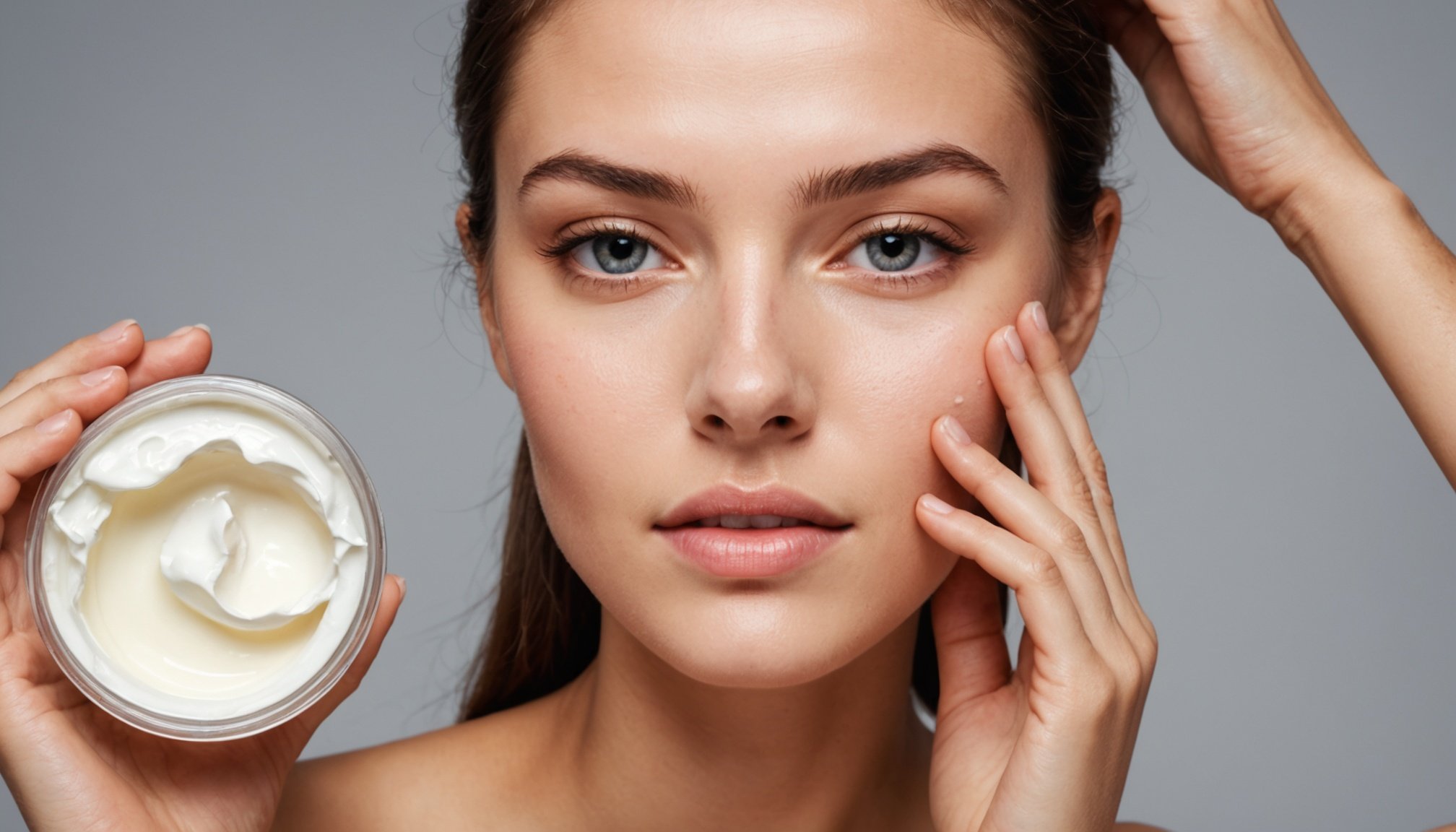Introduction to Sensitive and Reactive Skin
Sensitive skin and reactive skin can, at times, complicate skincare routines. Understanding these skin types is crucial for developing an effective skincare regimen. Sensitive skin generally reacts to stimuli that do not affect normal skin, often leading to discomfort, redness, or inflammation. Reactive skin, on the other hand, tends to respond vigorously to external factors such as allergens or irritants.
To properly care for such skin types, it is essential to delve into skincare education. This involves knowing which ingredients to avoid and which to embrace. Always opt for hypoallergenic products that are specifically formulated for sensitive and reactive skin to minimise the risk of irritation.
In the same genre : Achieve a radiant glow: pro secrets for flawless self-tanning without the orange tint
Common issues encountered include dryness, itching, and redness, often arising from an overactive response to certain products or environmental factors. Patch testing new products can serve as a preventative measure, helping to identify potential irritants before they can cause discomfort or damage.
Ultimately, proactive skincare education empowers individuals to make informed choices, selecting products that support skin health while avoiding unnecessary reactions and irritations. It is vital to tailor skincare routines to individual needs, taking into account personal skin sensitivity and reactivity.
Also to discover : Achieve the ultimate cat-eye: pro secrets for an impeccable finish!
Harmful Ingredients to Avoid
When selecting skincare products, it’s essential to be aware of harmful skincare ingredients that can act as irritants or skin sensitizers. Some ingredients can exacerbate existing skin conditions or cause new issues. Below is a comprehensive list of major harmful ingredients and the dangers they pose.
Common irritants found in personal care products include artificial fragrances, parabens, sulfates, and synthetic dyes. These ingredients can lead to skin inflammation, dryness, and even long-term sensitivity. Skin reactions are frequently linked to these compounds, with some research indicating that up to 40% of people suffer from skin irritation due to such chemicals.
Skin sensitizers like certain preservatives – for instance, formaldehyde-releasing agents – are known for causing allergic reactions ranging from mild redness to severe dermatitis. These chemicals gradually wear down the skin’s natural barrier over time, making it more susceptible to environmental stressors.
Statistical analysis reveals that more than 70% of dermatological complaints are related to irritants and sensitizers in skincare. Being informed about which products contain these detrimental ingredients can help consumers make better choices, ultimately safeguarding their skin health.
Key Irritating Ingredients
The skincare industry is brimming with diverse products, yet irritating ingredients such as alcohols and fragrances pose significant challenges. Understanding these ingredients and their effects can help you choose products that best suit your skin needs.
Alcohols
Certain alcohols are best avoided in skincare products. Specifically, denatured alcohol, benzyl alcohol, and ethanol can disrupt the skin barrier. These alcohols may strip the skin of its natural oils, leading to dryness and irritation. Opting for alcohol-free alternatives is advisable. Products with fatty alcohols like cetyl, stearyl, and cetearyl alcohol can nourish the skin, providing safe and effective hydration.
Fragrances
Distinguishing between synthetic and natural fragrances in skincare can prevent potential issues. Synthetic fragrances, often complex chemical formulations, may trigger allergenic reactions such as redness or itching. Natural fragrances are not exempt from causing irritation but generally have a milder impact. Consider seeking out fragrance-free product options, which can reduce the risk of adverse reactions, especially for sensitive skin types.
Preservatives
Preservatives like parabens and formaldehyde releasers often irritate sensitive skin. These ingredients may compromise skin health by causing inflammation or allergic reactions. Exploring cleaner preservation alternatives such as potassium sorbate or phenoxyethanol can offer safer options in skincare, maintaining product integrity without compromising skin health.
Ingredients That Should Raise Red Flags
Certain ingredients in personal care products deserve scrutiny due to their potential impact on health. Sulfates, commonly found in shampoos and cleansers, are one such ingredient. Known for their cleaning power, sulfates can strip away natural oils, leading to dryness and irritation. Furthermore, their harsh nature can aggravate the skin, especially in those prone to sensitivity.
Another ingredient raising concerns are parabens. These are synthetic preservatives used to prolong shelf life. The controversy around parabens stems from studies suggesting links to hormonal disruptions, possibly affecting reproductive health. While the evidence remains inconclusive, many prefer erring on the side of caution.
Fortunately, there are alternative options available for those wishing to avoid these red flag ingredients. Brands now offer sulfate-free and paraben-free formulations, which tend to be gentler on the skin and hair. Instead of sulfates, look for products containing milder surfactants such as cocamidopropyl betaine. For preservative needs, options like phenoxyethanol or ethylhexylglycerin serve as effective replacements for parabens.
By being mindful of these ingredients, consumers can make informed choices, ensuring both safety and efficacy in their personal care routines.










